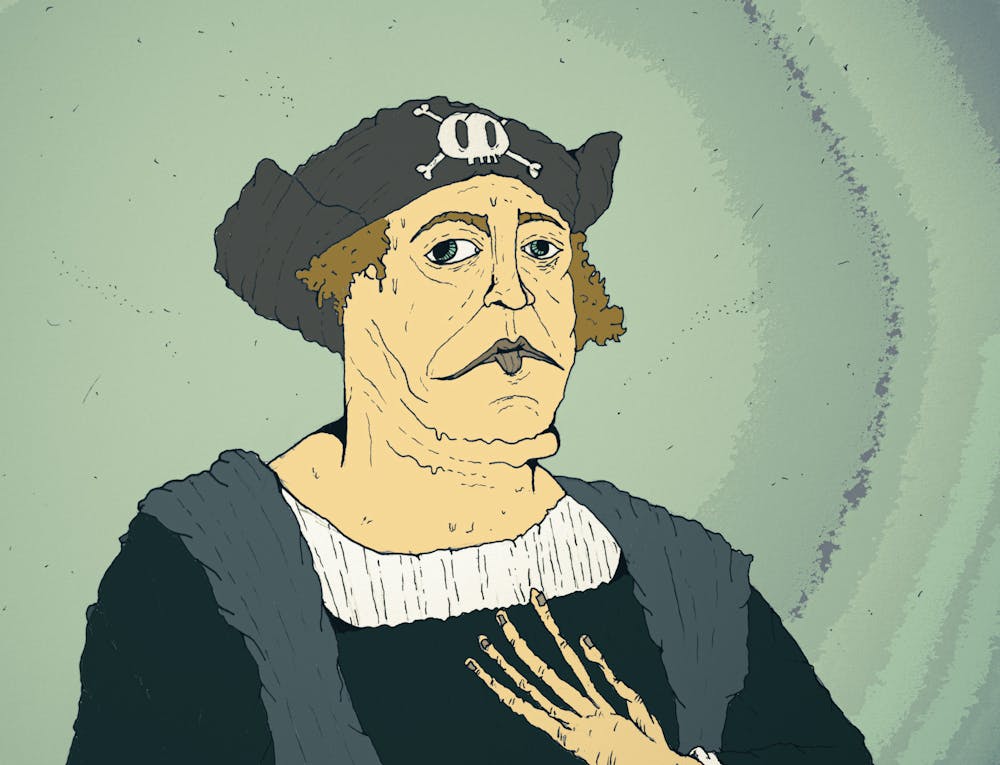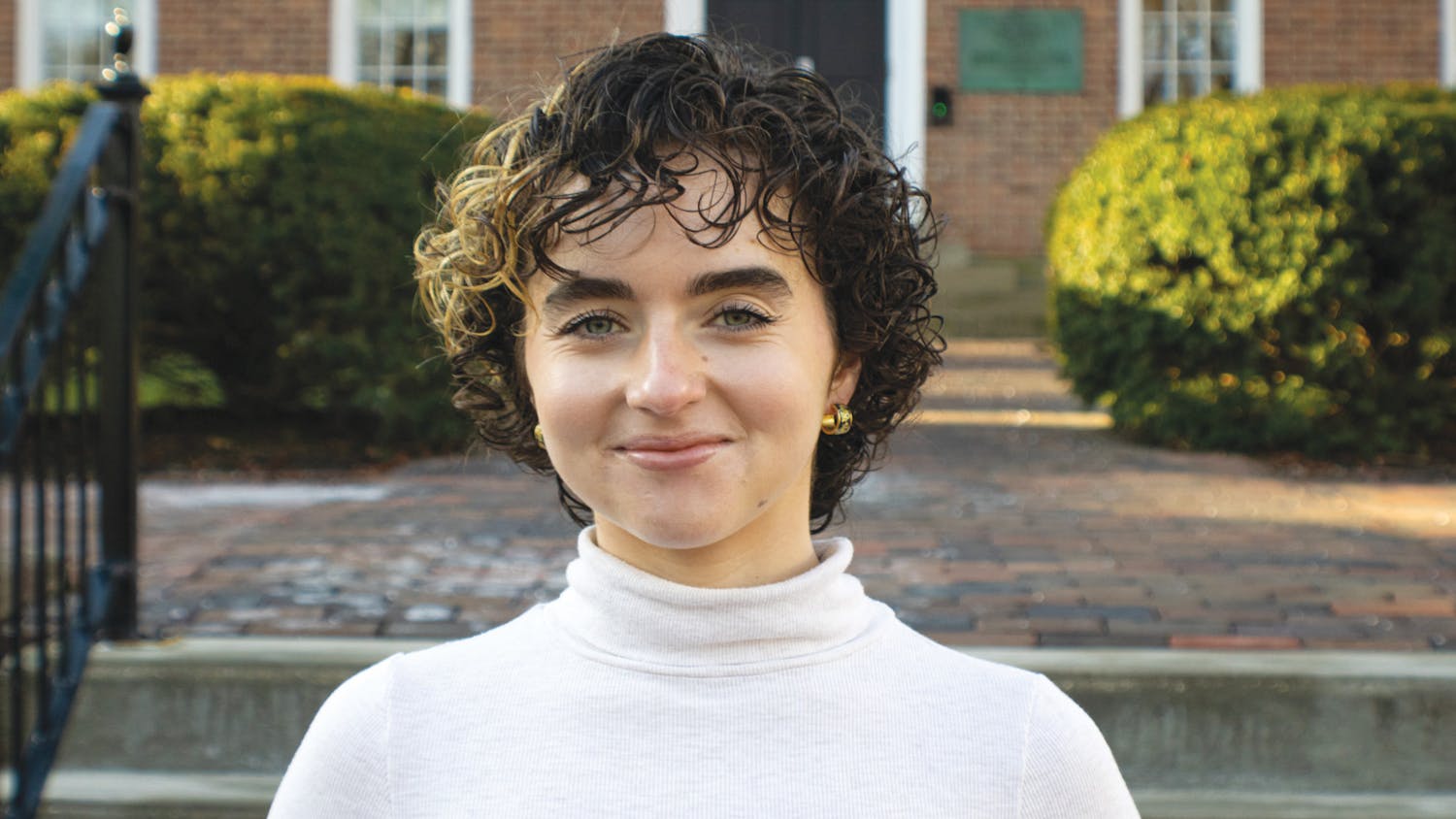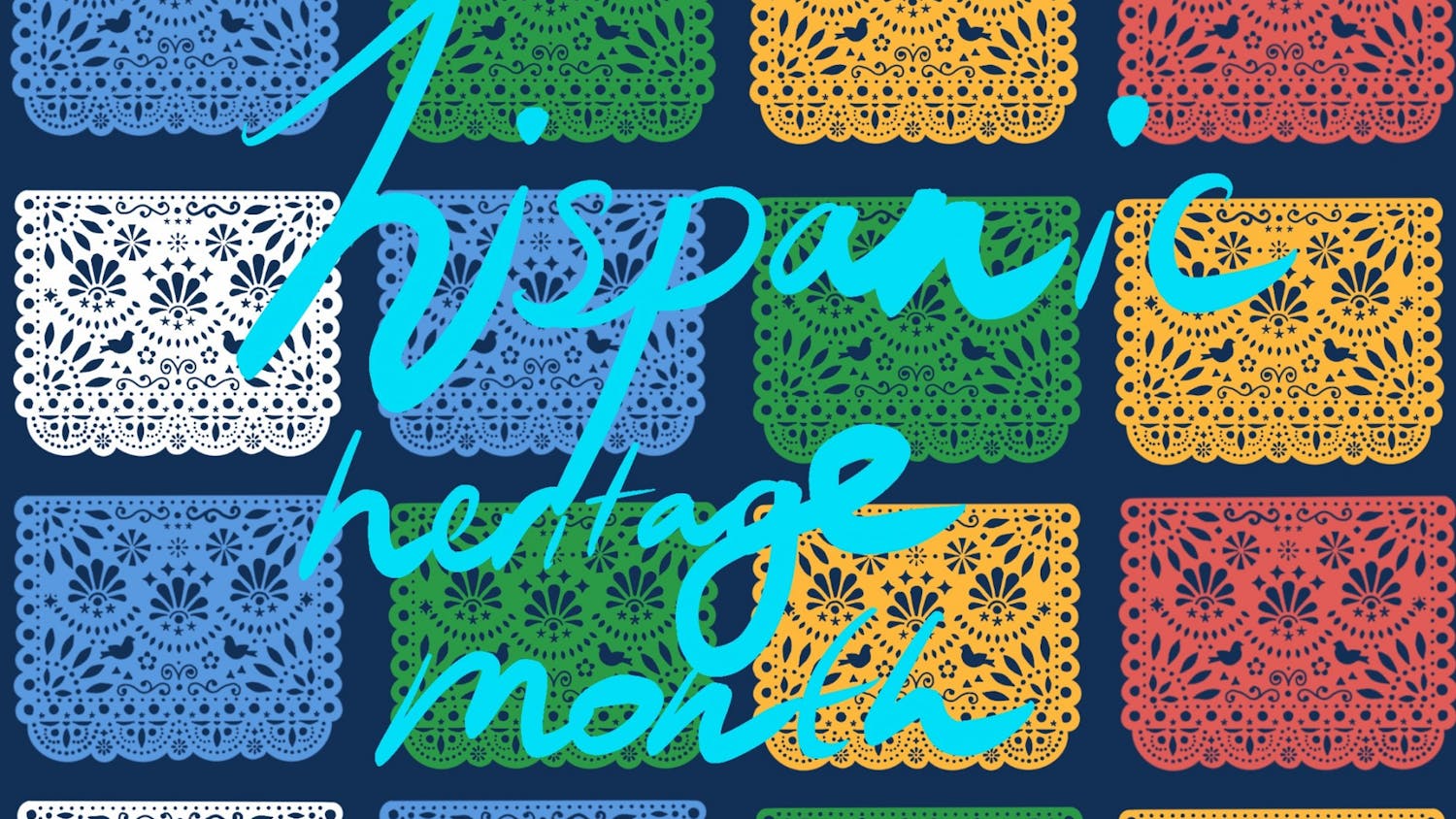Columbus Day is a U.S. holiday that recognizes the arrival of Christopher Columbus to the Americas in 1492. Many people consider this holiday to be a way of honoring Columbus for discovering and even founding America, but this is a common misconception. Actually, Columbus didn't land in North America at all; he landed in the Bahamas, then traveled to the island of Hispaniola, which consists of Haiti and the Dominican Republic.
Columbus ultimately came to the Americas for monetary gain in the form of spices and silks. Columbus' desire for fame and fortune sat well with King Ferdinand and Queen Isabella of Spain, who decided to fund his trip. With the possibility of fortune and the chance to spread European Catholicism around the world, Columbus eagerly set off on his voyage on Aug. 3, 1492.
Upon setting foot in the Americas, Columbus was greeted by the Native Taíno people. The Taíno people, along with many other Indigenous groups, had inhabited the Americas for thousands of years. Columbus said in his writings that the people he met were generous, but he looked down on them for not being Catholic and he still enslaved large numbers of Indigenous people for sex, labor and trade in Europe.
According to a 2017 Marist poll, 57% of Americans believe celebrating Columbus Day is a good idea, with only 29% opposing the holiday. While some people celebrate Columbus Day with little to no afterthought, many others say it is important to recognize the violence that Columbus imposed on Indigenous people. Modern activists have called for an official change of this holiday to Indigenous Peoples Day. Since 1989, a growing number of states have adopted Indigenous Peoples Day to celebrate the history and contributions of Native Americans.
Several students at Ohio University know there is a negative connotation toward Columbus Day but don't feel properly educated on it. Colin Charles Starks, a freshman studying economics, said public school systems had not done an adequate job of teaching the history of Columbus Day.
"Public school, up until like junior or senior year, not really (any education on Columbus Day)," Starks said. "And then you kind of talked about it a little in U.S history, but still, it's not really adequate."
Another student at OU, Nathan Zollinger, a freshman studying electrical engineering, said he also felt schools did not educate well regarding Columbus Day.
"I know a good amount but that's all because I did my own research," Zollinger said.
Along with not being properly educated on the history of Columbus Day, the purpose of the holiday is also unclear to many people.
"I don't know too much about it, I think it's just meant to celebrate Christopher Columbus for some reason, but I don't really know more context than that," Sparks said.
With the history of this holiday being somewhat of a mystery for many, there is one professor at OU who is encouraging students to become educated on Christopher Columbus and to develop their own opinions and ideas on who he was as an explorer.
Daniel Torres, professor of Spanish and Latin American studies, recognizes that Columbus is often a misinterpreted figure, which is why it is so important for students to read his own words. Whether it be excerpts from his diary or the letter of discovery from 1493, Torres said the only way to understand Columbus is to go to original sources.
Torres said where Columbus had initially gone wrong was in his expectations of the Americas.
"It's interesting the way he describes America," Torres said. "It's kind of like this fantasy that he created through writing about empowering himself because he was a merchant."
With a strong mindset of becoming an all-powerful merchant, Torres said, Columbus began forcing natives into slavery to work for him. He said Columbus didn't even see the Natives as people, and in his writings, described them using animalistic features.
"There were complete villages that they committed suicide because they didn't want to work for the Spaniards," Torres said.
In response to any form of rebellion from Native peoples, Columbus would order them to be murdered by the Spaniards and have their dismembered bodies paraded through the streets. Europeans used these blatant acts of violence to establish dominance over the Native people and scare them into submission.
Natives that were not forced into labor by Columbus were usually captured and put into what has come to be known as the international slave trade. Columbus also brought foreign diseases such as smallpox, measles and the flu to the Americas, which became responsible for the death of nearly 90% of Indigenous people.
"I know it was atrocious, and I know it's probably more appropriate to call it Indigenous Peoples' Day than Columbus Day," Starks said.
Torres said while Columbus' treatment of the Indigenous people is horrific, he was not the only one to mistreat Native peoples.
"The only thing Christopher Columbus did was open the door to the other things that happened," Torres said.
Columbus is a large part of the reason there is Catholicism in the Americas today, and many also credit him with the basis of modern-day capitalism. Neither of these, he said, is an appropriate excuse for the treatment the Indigenous people were forced to go through.
From having their territories and lives stolen to being stripped of their religious identities, Columbus made Native people suffer for his benefit. Torres said he is conflicted about what the second Monday of October should be. He said the holiday should honor the contributions, trauma and resilience of Indigenous people in the Americas while ensuring Columbus is held accountable.
"It's a way to … make people conscientious of it, but you have to be critical, you have to keep that critical approach to what it is," Torres said. "You cannot deny what happened to all those Indigenous people ... I think you have to give and take."
ip1079@ohio.edu






